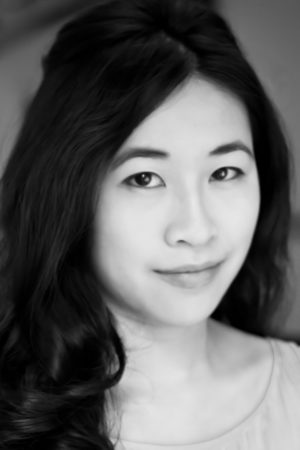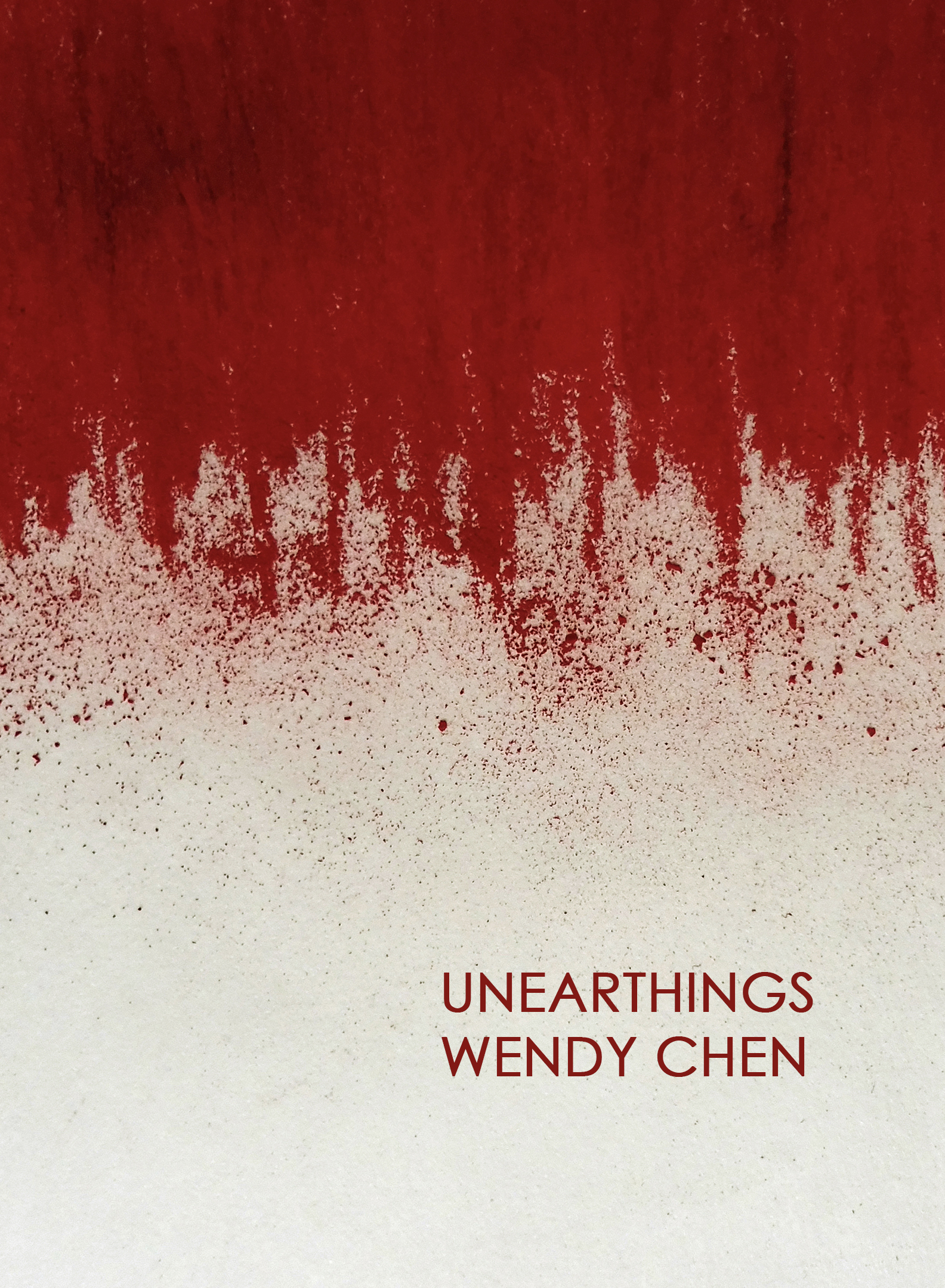When did you first encounter poetry? How did you discover you wanted to write poems?
Children encounter poetry quite naturally through nursery rhymes and schoolyard games. As a child, those rhymes are full of rules and rule-breaking, magic and play. Poetry has always held an emotional energy and intensity for me as a reader, so often helping me process and understand feelings and events that I struggled with. As early as I can remember, I knew I wanted to write and inspire that same kind of reaction in others one day. I have been fortunate enough to have family, friends, and teachers who encouraged me and, as a child, I was frequently printing and binding my own makeshift books in the hopes of becoming a published author.
Do you have a writing routine? A favorite time or place to write?
While I greatly admire writers who keep to a structured routine, I have never been able to do so myself. Instead, I write more sporadically—on impulse—and tend to write my best work during the night. The night fosters dreams and the best state for writing is, I find, when one is half awake and half dreaming. There’s also a certain freedom that comes with writing at a time when others are sleeping. The hours are yours and yours alone to do with as you will. I write well in this state of solitude, without the presence of other minds.
Where do your poems most often come from—an image, a sound, a phrase, an idea?
My first impulse for writing poems always stems from an image or a series of images, unfolding in much the same way a dream does. Sometimes, I turn this image over in my mind for a week or a month before the shape of the poem appears. At other times, the entire structure of the poem is quite clear to me, almost instantly. Only when I can see the structure of the poem—its beginning, ending, and general shape—do I begin writing. My first draft often gets written in one night, while revision can, of course, take much longer.
Which writers (living or dead) do you feel have influenced you the most?
When I first started writing, I was greatly influenced by the Confessionalists, and the idea of poetry as confession has always remained vital to my work. In more recent years, I’ve been inspired by the work of W.G. Sebald, Jean Valentine, Claudia Rankine, and particularly the work of other Asian and Asian American writers such Jane Wong, Jenny Xie, Melody S. Gee, Jenny Qi, Rajiv Mohabir, to name a few.
Tell us a little bit about your new collection: what’s the significance of the title? Are there over-arching themes? What was the process of assembling it? Was is a project book?
I see each poem in the collection as an unearthing and confrontation of memory and identity. We unearth what has been buried and hidden away, and my “unearthings” are examinations of the uncomfortable. Three major threads are interwoven in my book – family and inheritance, the evolution of a relationship, and my identity as an Asian American woman and writer. I worked on my manuscript for the three years I was in an MFA program at Syracuse for poetry. At the end of those three years, my advisor Brooks Haxton and I laid out each poem on the floor and we began moving them around, seeing how the poems fit against another. The process of assembling a book was similar in some ways to writing a poem. Beginning at one point, ending at another, and hoping along the way to surprise and delight a reader.
Read an excerpt from her book here:
Rites
Grandma wondered as I cut her hair
if I would mourn her when she died.
On the television, a discordant chorus
of weeping girls
crowded around a white,
maternal sheet.
She doesn’t believe in the afterlife,
only the proper rites.
Mother thinks we will be born again.
She does not wish to linger
in ceremonies, the grave.
She says that we will
meet again.
But Yama, receiving souls of the dead
in his judgment hall,
says we must forget
our past lives.
He measures out
the punishment that is our due:
twenty, forty, maybe
a hundred years
of weeping
is needed before we can be
colorless and new.
Grandma emerges from the shower.
By now the girls have quieted. A man
is selling scissors.
I dry her with the towel. First her hair,
dove grey with strands of white.
Her neck, her shoulders and their brown
diabetic patches. Her spine,
its milky yellow curve and, at the base,
one faded purple mole.
She lifts one breast and then the other
for me to dry. They have stretched over the years
to her stomach, the skin thinner
than rice paper.
The long veins
in each breast
are blue,
a surfacing blue
so clear it will take more
than a hundred years to forget.

Wendy Chen is the author of Unearthings (Tavern Books) and editor of Figure 1 (thefigureone.com), an online poetry journal featuring work from new and underrepresented voices. Her work has appeared in Crazyhorse, Rattle, A Public Space, and elsewhere. Chen is the recipient of the Academy of American Poets Most Promising Young Poet Prize, and fellowships from the Kimmel Harding Nelson Center and the Barbara Deming Memorial Fund. She has been featured in the Culture Trip as one of “10 Young American Poets Changing the Face of Poetry.” For more, follow her on Twitter @wendychenart or visit wendychenart.com.

